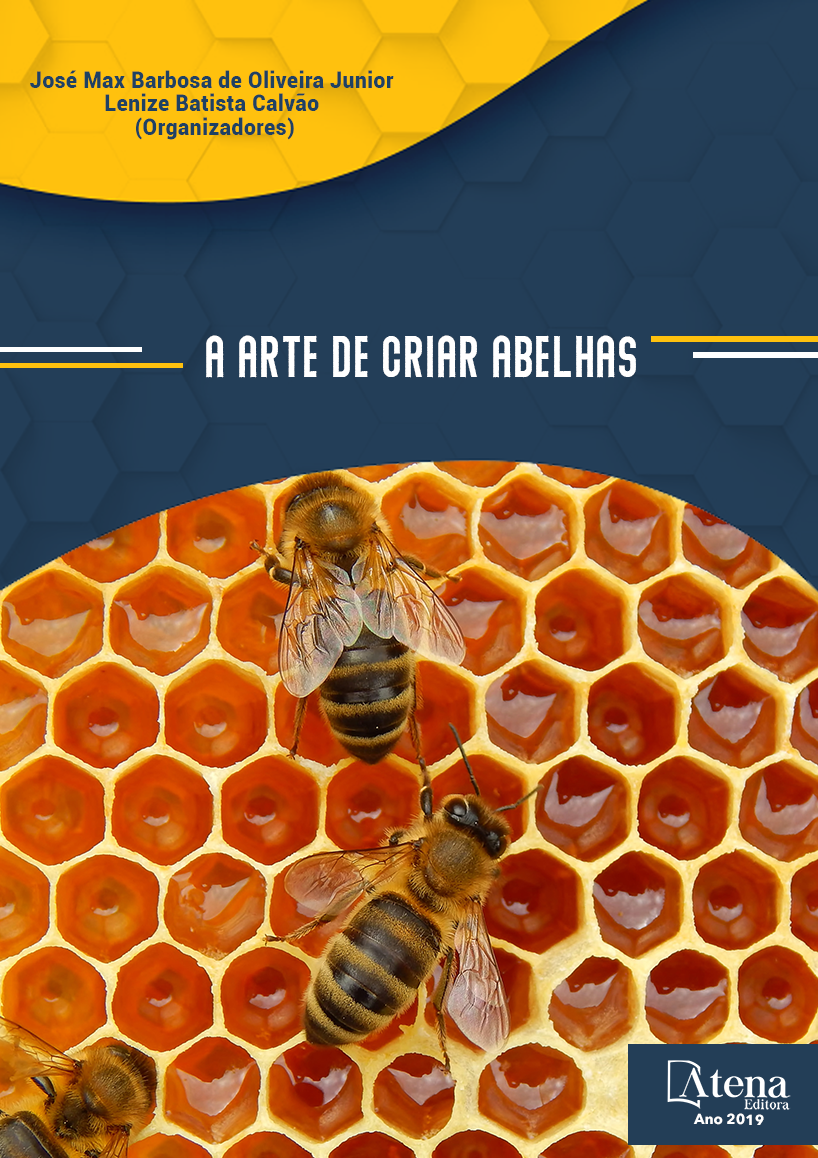
Polinização do Melão e da Melancia no Tocantins
A produção de fruteiras tropicais
é uma grande oportunidade de negócios
no Brasil, inclusive no Tocantins. Dentre as
espécies pertencentes à família Cucurbitaceae,
o melão, Cucumis melo L., e a melancia,
Citrullus lanatus (Thunb.) Matsum. & Nakai,
ocupam posição de destaque. O melão e a
melancia são altamente dependentes dos
serviços de polinização das abelhas para
produzir frutos. Desta forma, se não houver
a participação de abelhas na polinização das
flores não haverá produção de frutos ou também
se a participação desses insetos benéficos
for insuficiente, os frutos que vingarem serão
deformados, com massa reduzida e pobres
em teor de açúcares e consequentemente não
terão valor comercial. Embora a polinização
mediada por abelhas seja um tema crucial
para a produção de várias culturas agrícolas,
frequentemente fica restrita a poucas linhas
nas publicações técnicas disponíveis. Portanto,
os objetivos deste trabalho são descrever as
características da planta de melão e melancia
que devem ser observadas para uma melhor
adequação das formas de manejo das lavouras
visando favorecer os serviços de polinização
realizados pelas abelhas e apresentar a
polinização dirigida com abelhas africanizadas,
Apis mellifera L., relatando aspectos técnicos
necessários à otimização desta atividade em
plantios de melão e melancia no Tocantins e em
outros estados brasileiros.
Polinização do Melão e da Melancia no Tocantins
-
DOI: 10.22533/at.ed.08219020810
-
Palavras-chave: serviços ecossistêmicos, apicultura, fruticultura
-
Keywords: ecosystem services, beekeeping, fruit growing
-
Abstract:
The production of tropical fruits is a great business opportunity in Brazil,
including in Tocantins state. Among the species belonging to the family Cucurbitaceae,
the melon, Cucumis melo L., and the watermelon, Citrullus lanatus (Thunb.) Matsum.
& Nakai, occupy a prominent position. Melon and watermelon are highly dependent
on bee pollination services to produce fruits. If there is no bee participation in the
pollination of the flowers, there will be no fruit production or if this participation of these
beneficial insects is insufficient, the revenge fruits will be deformed, with reduced mass
and poor in sugar content and consequently of no commercial value. Although beemediated
pollination is a crucial issue for the production of various crops, it is often
confined to a few lines in the available technical publications. Therefore, this work
aimed to describe the characteristics of the melon and watermelon plant that must be
observed for a better adaptation of the management practices of the crops in order to
favor the pollination services performed by the bees and to present directed pollination
with Africanized bees, Apis mellifera L., reporting technical aspects needed to optimize
this activity in melon and watermelon crops in Tocantins and in other Brazilian states.
-
Número de páginas: 15
- Marcela Cristina Agustini Carneiro da Silveira Tschoeke
- Izabella Moreira da Cruz Pinheiro
- Luis Flávio Nogueira de Souza
- João Henrique Silva da Luz
- Gabriella Rayssa Antunes da Silva Oliveira
- Mateus Sunti Dalcin
- Gil Rodrigues dos Santos
- Paulo Henrique Tschoeke


